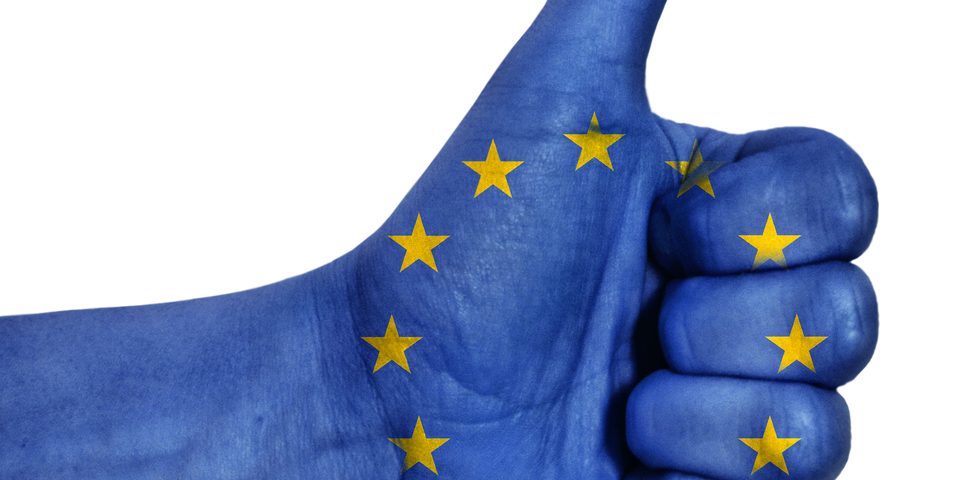Imraldi, an adalimumab biosimilar referencing Abbvie’s Humira, has been approved by the European Commission, which means it can now be marketed in the European Union’s 28 member countries.
Imraldi was developed by Samsung Bioepis, a joint venture between Samsung BioLogics and Biogen. The drug is now approved for the treatment of a range of conditions, including juvenile idiopathic arthritis, axial spondyloarthritis, rheumatoid arthritis, psoriatic arthritis, psoriasis, Crohn’s disease, and ulcerative colitis.
A biosimilar is a biological product that is approved for medical treatment because is very similar to another previously approved product (known as the biological reference product). Its sponsor must prove it has no clinically meaningful difference to the reference product regarding safety and clinical effectiveness. It also must work in the same way as the reference product (called the mechanism of action), and have the same route of administration, dosage form, and strength.
There are fewer costs associated with developing a biosimilar, so it is considered a low-cost alternative to the reference product. A biosimilar is not a generic drug, which is a copy of a brand-name drug.
Imraldi targets and blocks the activity of tumor necrosis factor (TNF), a protein of the immune system which promotes inflammation.
Anti-TNF therapies cost the European Union an estimated $9 billion a year. With Imraldi’s approval, Biogen now has three anti-TNF biosimilars approved in the European Union. The use of biosimilars of the top three anti-TNF therapies in Europe could lead to a savings of up to $11.4 billion by the year 2020.
Biogen’s other approved biosimilars for the most prescribed anti-TNF therapies in Europe are Benepali, which references Enbrel (etanercept), and Flixabi, which references Remicade (infliximab).
The approval of Imraldi comes after successful preclinical and clinical trials comparing the drug with Humira.
A Phase 1 study (NCT02144714)in healthy volunteers showed that Imraldi and Humira had a similar pharmacokinetic profile (how the drug is processed in the body, from the time it’s administered until it’s eliminated).
In a 52-week, multi-center, Phase 3 trial (NCT02167139), Imraldi was found to have comparable safety and efficacy to Humira in patients with moderate to severe rheumatoid arthritis.
The trial evaluated the effectiveness of the two therapies using a scale designed to measure the change in rheumatoid arthritis symptoms known as the American College of Rheumatology (ACR) score. At 24 weeks, an ACR20 score — indicating a 20 percent improvement in RA symptoms — was achieved in 72.5 percent in Imraldi-treated patients, compared to 72 percent in the Humira-treated group.
“Today’s decision marks another positive step in transforming the lives of people with chronic autoimmune conditions,” Jean-Paul Kress, head of global therapeutic operations at Biogen, said in a press release.
“As the number of approved biosimilars continues to grow, so does the anticipated potential to increase physician choice and patient access to biologicals,” Kress added.
The European Commission made its decision after a positive opinion in July from the Committee for Medicinal Products for Human Use (CHMP) of the European Medicines Agency.

